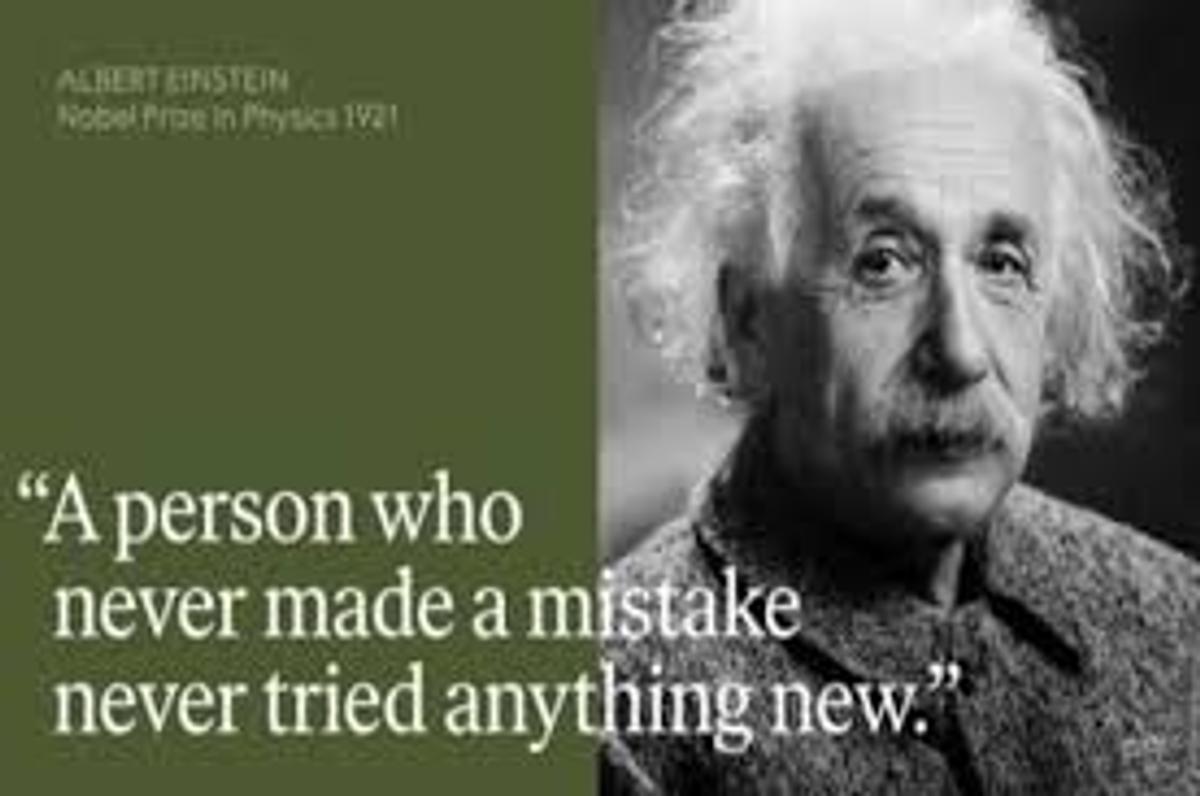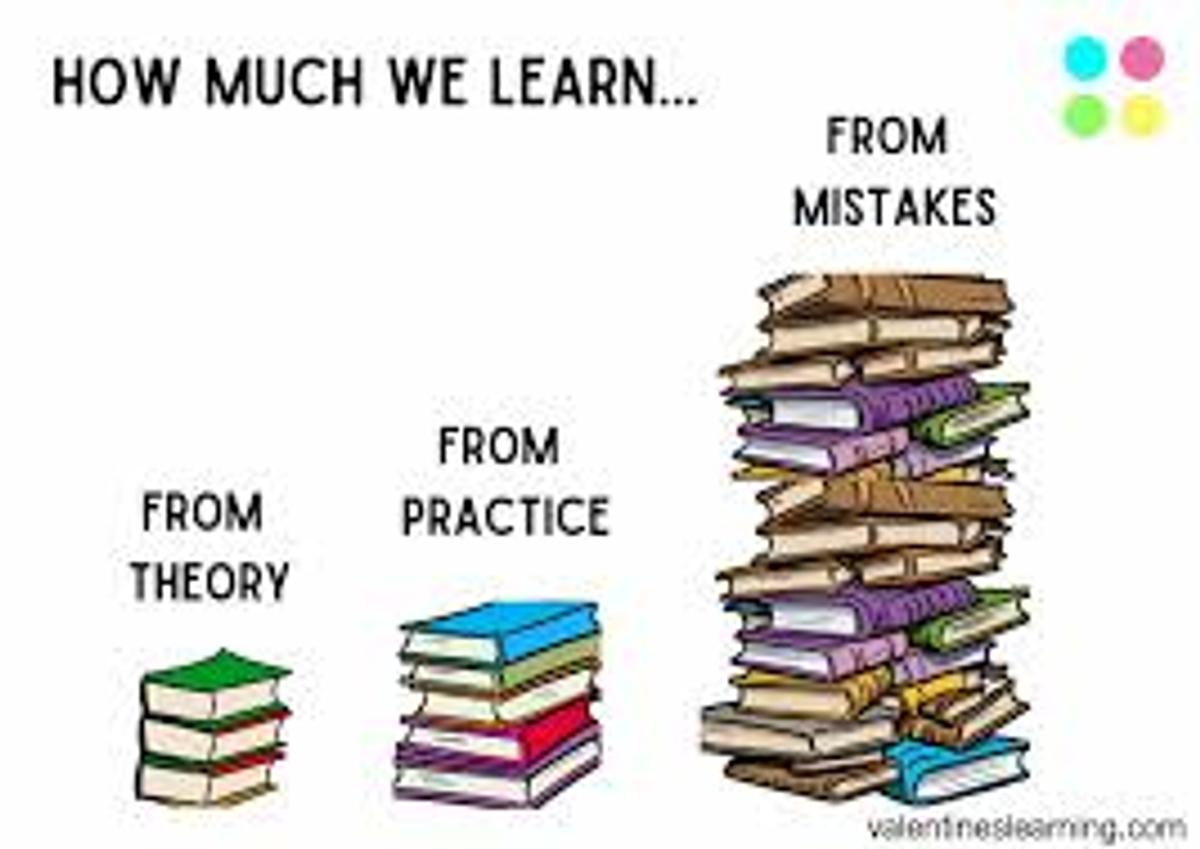Positive Behaviour for Learning

This week our focus has been I am resilient when I learn from my mistakes.
This is important:
- To recognise that we are all human, and nobody is perfect
- To understand that mistakes are a part of learning
- To learn that when you make a mistake, your brain grows
- To appreciate that mistakes are valuable, even when they cause frustration
Examples | Non-examples |
|
|
At Home:
Address mistakes as learning opportunities
Children may feel upset about mistakes because of the outcomes. Instead of worsening their feelings in such cases, change how mistakes are seen—as chances to learn. Inquire about what they’ve gained from it. Also, what actions might change based on their current knowledge? Discuss the situation calmly before dealing with any form of discipline.
Communicate about mistakes
Demonstrate to children that mistakes aren’t shameful through positive discussions. Chat about the situation and inquire how they might approach things in another way. Also, establish regular communication about mistakes. This can convey to children that discussing their errors is safe and encourages a constructive perspective. Communication is also one of the ways parents can support children’s mental health.
Find learning moments
Bringing up mistakes when they’re not directly related to your child can make these discussions feel less punitive. For instance, if your child brings up a classmate who frequently misplaces homework, inquire what your child would do in that circumstance to correct the mistake and prevent its recurrence.


